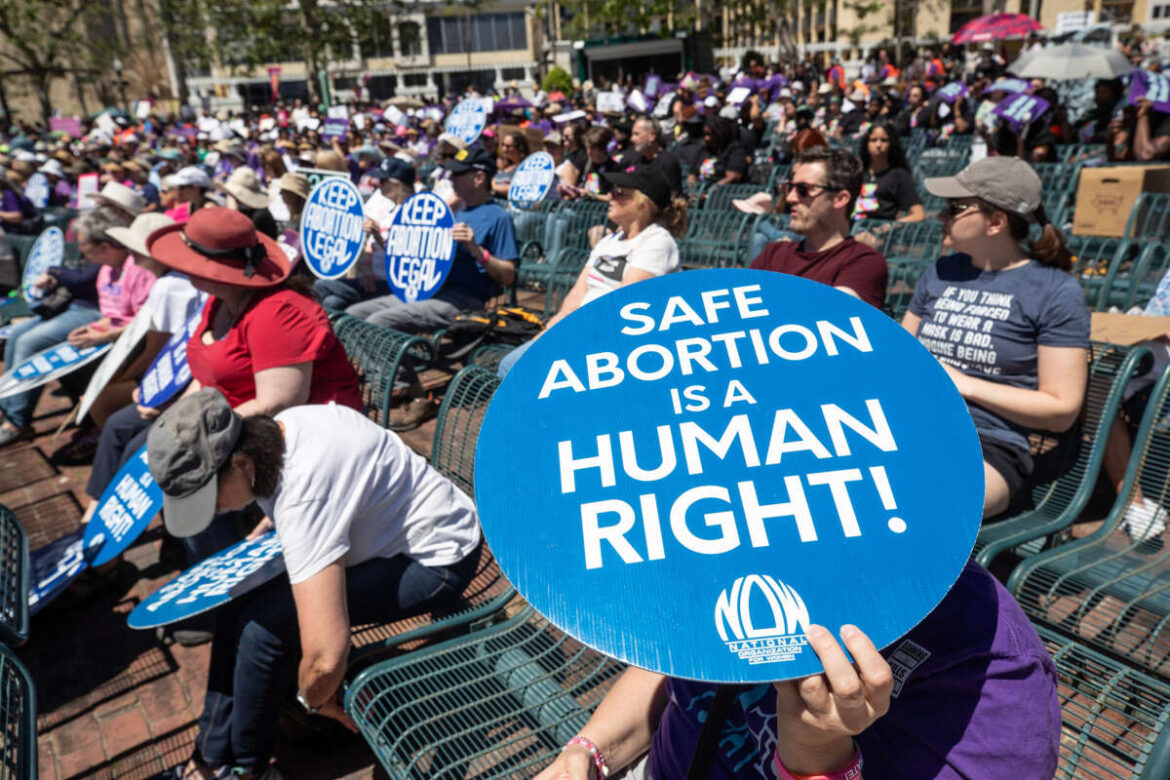Florida’s Six-Week Abortion Ban Takes Effect
As of May 1, 2024, Florida has officially enacted a law that prohibits abortions beyond six weeks of pregnancy, categorizing it among the most stringent regulations on reproductive rights in the United States. This legislative move, spearheaded by Governor Ron DeSantis and backed by pro-life advocates, highlights the ongoing national debate surrounding abortion access and individual rights.
The Nature of the New Legislation
The newly implemented law prohibits the performance of abortions once a pregnancy has reached the six-week mark. This timeframe is notably early; for many individuals, it occurs before they are even aware of their pregnancy. Under this law, there are designated exceptions that allow for abortions in specific circumstances, including cases of rape, incest, or when the mother’s life is at risk. However, availing these exceptions demands documented proof, such as police reports or medical records, which adds layers of complexity that may deter patients from seeking timely care.
Consequences for Healthcare Providers
Healthcare professionals who conduct abortions beyond the legally allowed period without solid justification face severe repercussions. These can include felony charges and the potential revocation of their medical licenses. This stringent enforcement mechanism serves as a critical deterrent for practitioners in Florida, contributing to a chilling effect on the ability to provide comprehensive reproductive health services.
Supporter Perspectives
Proponents of the ban, including Governor DeSantis, argue that the law represents a strong commitment to defending unborn lives. Describing the legislation as a triumph for moral responsibility, DeSantis articulated that, “Florida is dedicated to defending those who cannot defend themselves.” Supporters believe that this law aligns with their pro-life values and reflects a broader societal shift towards greater protections for unborn children.
Opposition and Concerns
Conversely, the law has triggered robust opposition from various quarters, including reproductive rights organizations, healthcare professionals, and segments of the general public. Critics argue that the law infringes upon personal freedoms and bodily autonomy. Many emphasize that the six-week limitation effectively eliminates the legal window for abortion for a significant number of individuals, thereby constraining their access to essential healthcare services.
Impact on Medical Professionals and Patients
Dr. Elena McCarthy, an obstetrician-gynecologist practicing in Miami, raised alarm about the implications of the law for both patients and healthcare providers. She stated, “This law places an undue burden on patients and healthcare providers. The restrictive timeline and mandatory reporting for exceptions could deter individuals from seeking necessary medical care, potentially leading to dangerous outcomes.” Such concerns highlight the ripple effects this legislation may have on public health and patient safety.
National Context and Future Developments
The enforcement of Florida’s law unfolds against the backdrop of a national debate over abortion rights, following the Supreme Court’s decision to overturn Roe v. Wade. This landmark ruling, which had safeguarded abortion access for nearly half a century, has allowed individual states to impose their own regulations, resulting in a fragmented legal landscape. Florida’s enactment signals a potential turn in the tide for other states reviewing their own abortion laws.
Legal Challenges and Ongoing Struggles
In response to the new restrictions, various advocacy groups are actively mounting legal challenges aimed at halting the law’s enforcement. Additionally, neighboring states may experience an influx of individuals seeking abortion services that are now limited in Florida, further complicating the regional healthcare landscape. As these legal battles progress, the implications for reproductive healthcare access in Florida remain substantial and evolving.
Conclusion
The enactment of Florida’s six-week abortion ban marks a significant moment in the ongoing national conversation about reproductive rights. With legislative efforts reflecting deep societal divides, the law’s immediate impacts on healthcare access and individual rights will likely resonate for years to come. Both advocates and opponents continue to mobilize, ensuring that this pivotal issue remains at the forefront of public discourse.
FAQs
What are the main provisions of Florida’s six-week abortion ban?
The law prohibits abortions after six weeks of pregnancy, with exceptions for rape, incest, or when the mother’s life is at risk, and requires documentation to support these claims.
What are the potential consequences for healthcare providers under this law?
Healthcare providers could face felony charges and revocation of their medical licenses if they perform abortions outside the legal limits set by the new law.
How have advocacy groups responded to the legislation?
Various advocacy organizations have initiated legal challenges to block the law’s implementation and are working to raise public awareness about its implications.
Why is the six-week cutoff considered problematic?
The six-week limit is considered overly restrictive because many individuals may not be aware of their pregnancy at that point, effectively eliminating their options for legal abortion.
How does Florida’s law fit into the national context of abortion rights?
This law is part of a broader trend following the Supreme Court’s decision to overturn Roe v. Wade, allowing states greater autonomy in regulating abortion, resulting in a patchwork of laws across the country.

